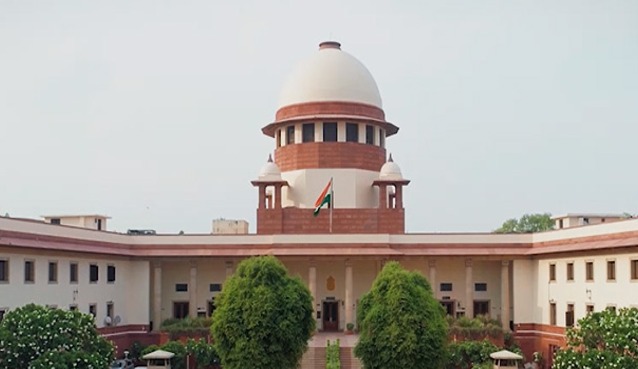
The Supreme Court recently ordered the Tamil Nadu government to consider the early release of a convicted Sri Lankan citizen who had been imprisoned for more than 35 years.
A Bench of Justice Abhay S. Oka and Justice Rajesh Bindal was hearing a petition filed by Rajan (a Sri Lankan citizen) challenging the rejection of the premature release based on a policy implemented in 2018.
“We direct the State of Tamil Nadu to reconsider the issue of pre-mature release of the petitioner in the light of what is observed in this order within a maximum period of three weeks from today,” the bench stated.
The petitioner was convicted to suffer life imprisonment and had undergone about 35 years in jail. According to the petitioner, his application was taken into consideration for the pre-release award within the terms of the policy of February 1st, 2018.
His request was denied by an order dated February 12, 2021 on the grounds of the nature of the crime committed and the separate trials of the co-accused. Hence, the petitioner’s early release would interfere with a fair trial.
According to an earlier affidavit submitted by the State Government, the petitioner’s behaviour in custody was satisfactory, the Court remarked.
In the 2021 judgement, the Court made reference to the fact that it was crucial to discover whether the petitioner had committed any other crimes.
The Union of India was urged on behalf of the petitioner in order to ensure that following his premature release, the petitioner returns to his place of origin, which was later verified.
During the last hearing, Additional Solicitor General Sanjay Jain stated that the petitioner’s travel documents were still pending.
Senior Counsel V Giri, representing Tamil Nadu, stated that the state has established transit camps for both foreigners who have overstayed in India and refugees. The petitioner can be relocated to one such transit camp if the court rules so, the Bench was told.
If he is shifted to a transit camp, the State Government can ensure that he does not move out, till he goes back to his own country, the Court observed.
The Supreme Court, after noting that there were no further violations committed by the petitioner, urged the State government to consider his plea for premature release.
In the meanwhile, the Court ordered for the petitioner to be relocated to an appropriate transit camp. The Bench set aside a week for this process.
The matter is scheduled for further hearing on March 27,2023.




